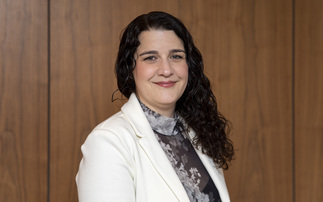A brand is more influential than we might think, even in advised sales. Rob Quayle explains.
Continued from previous page...
Simplifying this is a function of two things: first, whether the customer chooses to proceed or gets put off by additional requests for information or delays, and second, whether the insured chooses to accept or decline.
An analysis of almost 30,000 cases highlights the fact that more consumers complete their sale with better known brands. Aviva, for example, loses half as many cases during its application and acceptance process than less known brands. The analysis also showed that by and large the better known brands were more likely to place a customer on risk.
Clearly, the segment of the market in which a company is competing has an impact, but having compared similar sales in the same age and smoking brackets, it is still clear that brand also has an effect.
It is probably correct to assume that the larger organisations have more to lose if their promise at outset is not fulfilled to conclusion. Put simply, there is a high probably that an Aviva protection client may also be in the market for motor, household, savings and investments etc.
While comprehensive data is unavailable, these top-line figures would tend to suggest that many or even most people who buy direct and get rejected will often give up on the process.
While the figures for abandoned rates on an intermediated sale are much lower, they are still significant, which is why Direct Life is currently about to trial a new process that tackles the fundamental issues of providing a price to a customer with a degree of certainty that the case will actually be placed on risk.
By adding a few simple pre-screening questions which have the support of the major insurers, it is possible to provide more accurate illustrations and this will help lead advisers and direct customers alike to the insurers that are most likely to offer the cover required at the price quoted.
What does all this mean for advisers? First, it is fair to conclude that if consumers are more comfortable with brands they know for product purchases, the same will be true when they select their advisers.
In a post-RDR world when budgets are tight, it will be easy to conclude that advertising, PR and other brand raising initiatives are a costly and – when times are tight – unnecessary expense. This could be a costly mistake.
You don’t have to be a national name, but some local recognition validates a firm in potential customers’ eyes.
Secondly, to help the customer understand the value of advice given them, be sure to understand which providers are likely to offer cover to clients.
Demonstrate that we’re not talking about a commodity and that – behind the names differences – they are not all the same.
Rob Quayle is managing director of Direct Life








